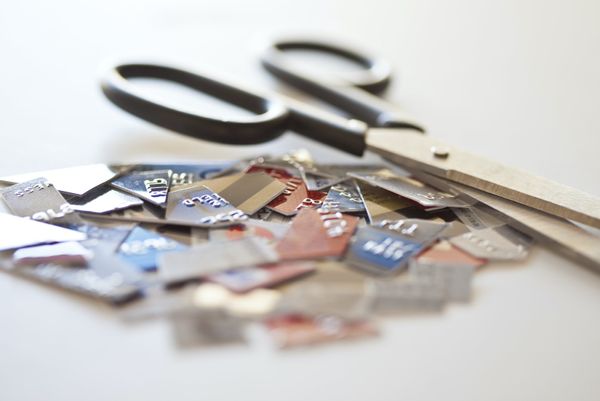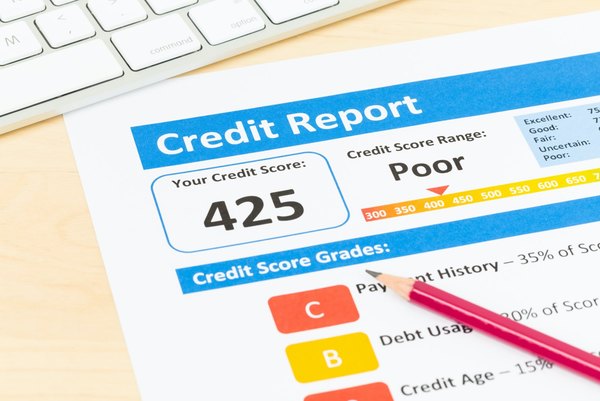Canceling a credit card isn’t as simple as snipping it in half. There are steps that must be taken to formally close an account.
Before you take this irreversible step, it’s important to understand the potential consequences of canceling a credit card.
The Pros and Cons of Closing a Credit Card Account
| Pros | Cons |
|---|---|
| Reduces the temptation to charge purchases | Can negatively affect your credit score |
| Eliminates high annual fees | Raises your credit utilization ratio |
Does it Affect Your Score When You Cancel Credit Card Accounts?
When you cancel a credit card, it can affect your score for a few different reasons:
Your available credit goes down
Once you close an account, you lose all of the available credit that you had on that account. This means that you have less overall credit, which will increase your credit utilization ratio. Lenders view a higher credit utilization ratio as a risk because you’re using more of your available credit. In general, you want to keep your credit utilization ratio below 30%.
The average age of your accounts goes down
If you cancel an older credit card (one that has been open for years), it could lower the average age of your accounts. The age of your accounts is factored into your credit score, so losing an account that you had open for years could hurt your score.
Here’s the good news: If you close an account and it lowers your credit score, it won’t last forever. As long as you continue making payments on time, your score should bounce back after a few months.
Still, the ding to your score will take time to recover. For this reason, it’s generally a bad idea to cancel a credit card if you plan on applying for a mortgage or auto loan in the next few months.
How to Properly Cancel a Credit Card
If you decide that cancelling a credit card is the right decision, there are a few steps you should take to make sure that you can close your account without fees or penalties.
Pay Off or Transfer Your Balance
The first step in the process is to pay off or transfer your remaining balance. If you cannot pay off or transfer your balance, you can ask to put a freeze on your account. This will prevent you from making any new charges to your account, but you will need to continue making payments until your balance is paid off.
Cancel Recurring Payments Linked to the Card
If you use the credit card for recurring payments, such as your home or auto insurance, make sure that you change your payment methods for these accounts.
Review past statements and make a list of all the accounts you will need to change.
Use Your Rewards
Before canceling your credit card, make sure that you use up any rewards you have left. Depending on the card, you may be able to transfer your points, but this is not a common scenario.
Contact Customer Support to Cancel Your Account
Once you’ve paid off your balance and used up your rewards, it’s time to contact customer support to formally close your account.
Expect the customer support agent to make this process as difficult as possible. They don’t want to lose your business, so they will try to convince you to keep your account open.
If you’re determined to cancel your account, a firm “Thank you, but no” should do the trick.
Following Up to Confirm the Closing
After speaking with customer support, make sure that you follow up to confirm the closing. One way to do this is to send a certified letter to the card issuer asking to confirm your $0 balance and the account closure.
Make sure that you check your credit reports 30-40 days after cancelling to make sure that the cardholder officially closed the account and that you have no remaining balance.







